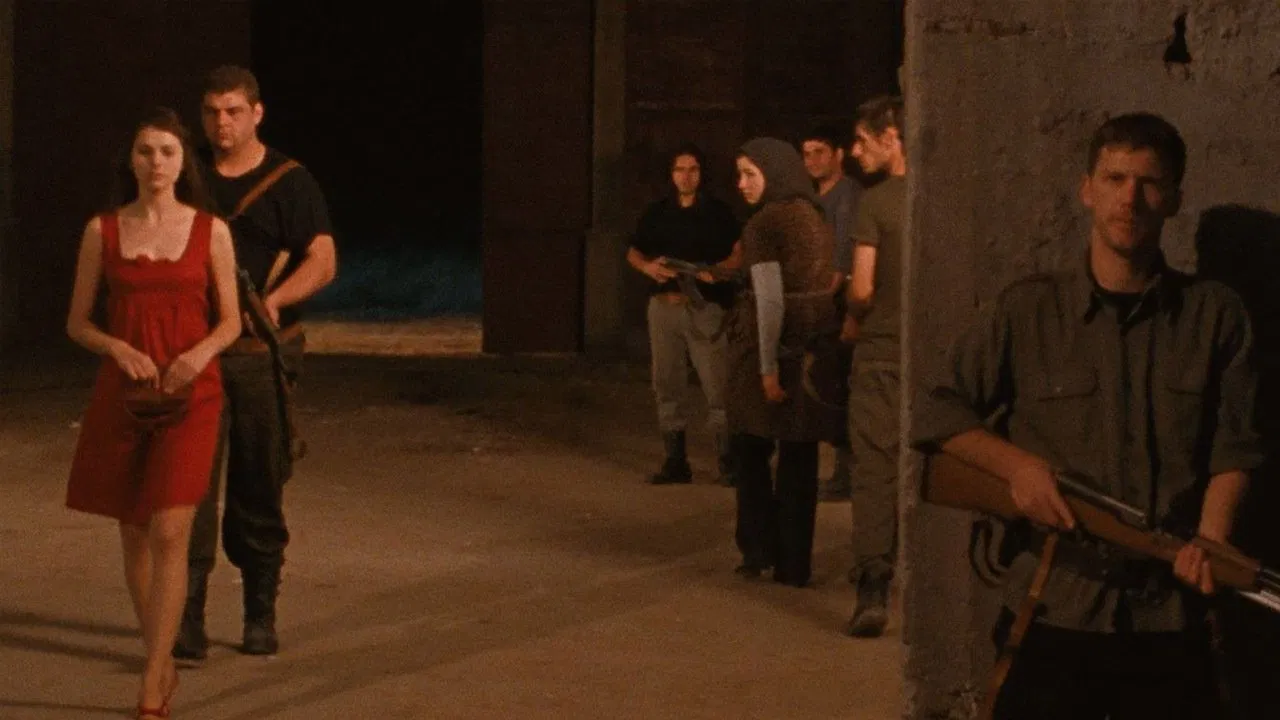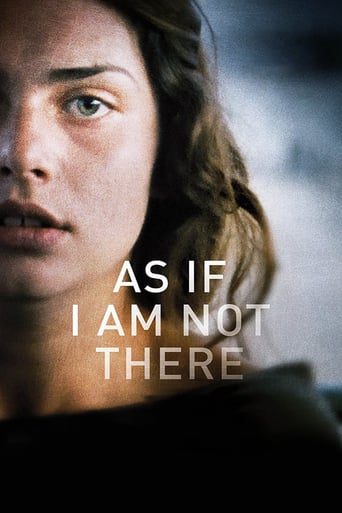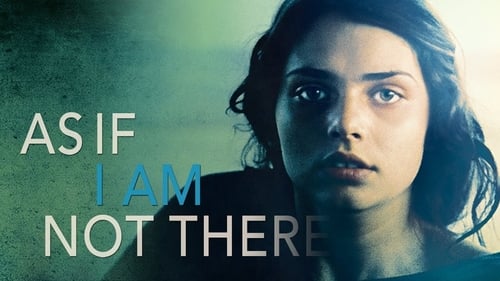


A theme that is often found throughout camp literature is the continuous impact that a camp experience has on those who have been interned against their will. It is as if the individual does not leave once released - though physically free, their mind remains to some extent trapped by their captors. "As If I Am Not There" displays this truth in heartbreaking fashion, as the audience witnesses the drastic difference between Samira at the beginning of the film, in which she happily runs through the streets of Sarajevo, and the end, in which it is almost impossible to imagine her smile. Natasa Petrovic magnificently pulls the audience in with her expressions during the close-up shots of her face, and we are unable to escape the emotions that she experiences. Scenes in which she feels pain and terror during her internment are very difficult to watch, and the haunted appearance she has at the end is not an image that readily leaves one's mind. As a film which depicts women's wartime experiences, "As If I Am Not There" is a drastically different war story from the gun fights and front line scenes we are all used to. It takes place on a very small scale, in which the world for these women becomes cut down to the size of a factory and adjacent house. These women knew nothing about the state of their families or country during this time, as indicated by their inclinations to jump at rumors of a nearby men's camp, and they rely completely on their captors for food and shelter. Though difficult to witness, "As If I Am Not There" is an important film. It brings the broad topic of camp experiences to the level of an individual human being, and the ending leaves the audience with the unsettling feeling that Samira's pain is never going to end. It is a piece of art which warns us against destruction, and reminds us that the true costs of war are not paid for by governments, but by the individuals who have had their lives ripped apart by events outside their control.
... View MoreAs If I Am Not There is a film that explores a very harsh reality through one woman's experience in a camp for Bosniak Muslim women. The film greatly succeeds in allowing the audience to better understand and feel the same emotions that these women felt. The director, Juanita Wilson, utilizes her cinematographer and her editor wonderfully as the shots primarily take the place for the almost haunting lack of dialogue. The film features primarily close ups and medium shots of small, tight interiors. When there is an occasional long shot, the background is frequently blurred, especially blurring out the soldiers. This simulates how the protagonist, Samira, felt during her time. The cinematography creates a feeling of anxiety, unawareness, and tension. These women had no concept of the outside world. These camps temporarily became their world. All they knew was what surrounded them. There was no available information about the war, nor how long they would reside there. Any information they could obtain was through rumors that oftentimes proved false. There is a scene in particular that I would like to highlight. In the beginning of the film, there is a long, extended shot of the women reacting to the men being executed in their village. The director deliberately chose to show each and every male walking out of the building, as the women watched through the window. This scene depicting the women's reactions lasted through the entirety of the men being killed. Every bullet was heard, and the scene was not finished until every male had died from each bullet. In any other film, the director or editor would have chosen to cut early as we understand what is happening, and forcing the audience to wait through this entire sequence is unnecessary and repetitive. But Wilson has a message here. That every single bullet took an individual life. We see the wives and mothers react to their husbands and sons being killed, and yes, it is emotional. But knowing that every gunshot heard took a life is greatly impactful. Not showing the execution further allows the audience to be placed within the women's experience. The gunshots heard last for a very long time with great lengths of time between sets of gunshots. These pauses create a slimmer of hope for both the audience and the women that perhaps their loved ones made it out alive by running or resisting. But by the end of the sounds, it is clear that they are all dead. The film features many shots such as this that, although small, create a great impact on placing the audience within the experience itself.
... View MoreIt is difficult to find fault with this extraordinary work. When dealing with difficult subjects respected filmmakers have to try and balance how much "reality" to show without disappearing into the territory of the mawkish and sensational. The fact that this masterpiece manages to tread so sure-footedly along this particular high wire without wobbling let alone falling off is a testimony to this directors genius. I do not even know her name? The Serbian/Bosnian conflict is barely twenty years old.... and though we are already bombarded with work on Iraq, Afghanistan and 9/11, etc. not one of these offerings come as close to understanding the subject or deal with the pity of war.Humanity endures mainly through an arbitrary processes and a sixth sense involving (in this case) catatonic shock......A quite marvellous film about an impossibly difficult and uncomfortable subject.
... View MoreThis movie doesn't hold back from showing in graphic detail the events that occurred in the former Yugoslavia in the detention camps for Muslim women and children.We see the story from the perspective of Samira. She is from Sarajevo but recently started work as a teacher in a rural village. Soon the war following the break up of Yugoslavia intrudes on the village and all the residents are gathered up by local Serb militia.There is a great scene as the villagers are gathered in a hall and we see close ups of anxious faces of men and women, guessing at what will happen to the men. Our guesses are proved correct after they are taken into the woods.The women are brought to a camp. Again our minds speculate what might happen to them and we are again proved right. Samira is brought to a special house for "chosen" women. We see what men are capable of in a war situation when they feel they can do anything without fear of punishment. Some scenes are extremely disturbing.Natasha Petrovic as Samira expresses perfectly, mostly with her eyes, the fear the women are feeling. For the most part this is the women's only way of expression. What use is there in talking when someone else can decide on a whim whether you live or die? Samira and all the women do what they feel they have to survive but even when freedom comes their experiences leave legacies that last the rest of their lives.The film is based on a novel containing womens stories that emerged from the International War Crimes tribunal trials of suspects from the Yugoslavian wars in the 90's.A hard film to watch but I'm glad it was made as it reminds us of the reality of what happens to innocents in war.
... View More